- 9:00 AM - 7:00 PM - MON - SAT
- +91-9311112565
- C-9/19, BLOCK C, YAMUNA VIHAR, DELHI, 110053

Monotonectally conceptualize economically sound value after accurate growth strategies. Quickly parallel task client-centric materials with worldwide technologies. Assertively re-engineer interoperable customer

The initial years of a child's life hold paramount importance in shaping their cognitive abilities and foundational learning. In the playgroup environment, children engage in meaningful activities that nurture their budding language, mathematical, and social skills.

Professional teachers typically have a degree in education or a specific subject area. They might also have specialized training in teaching young children, such as early childhood education degrees or certifications.
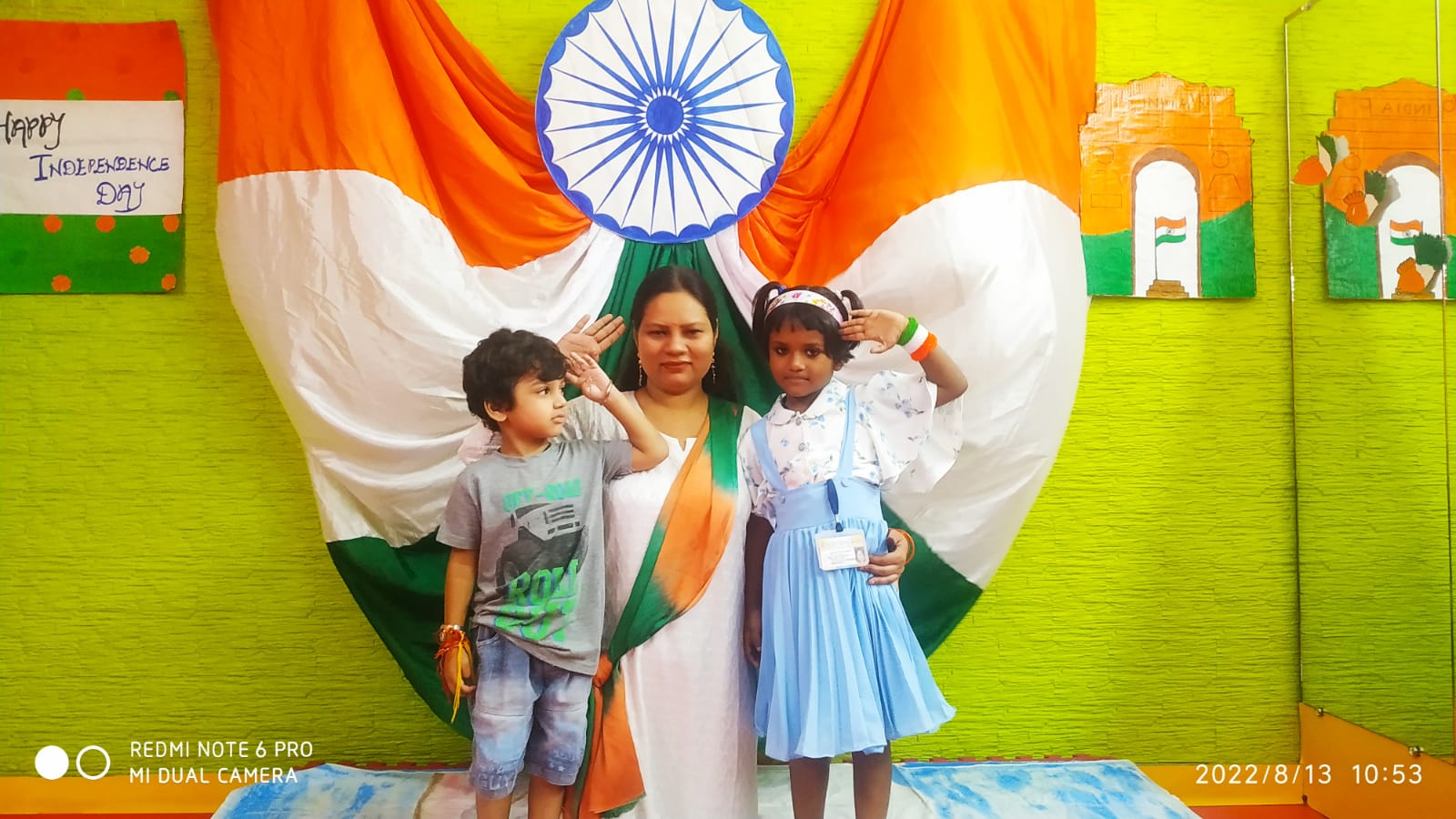
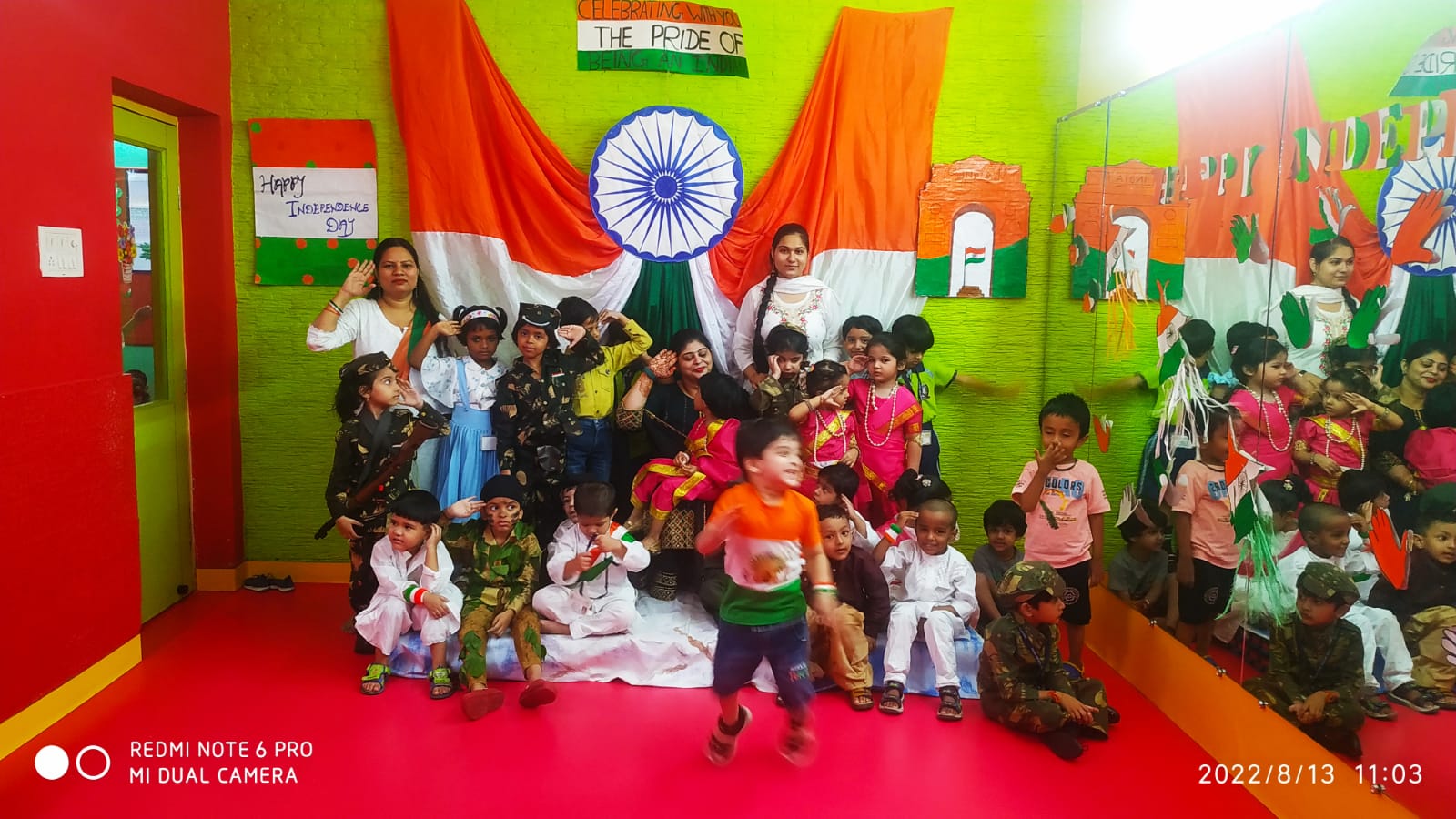
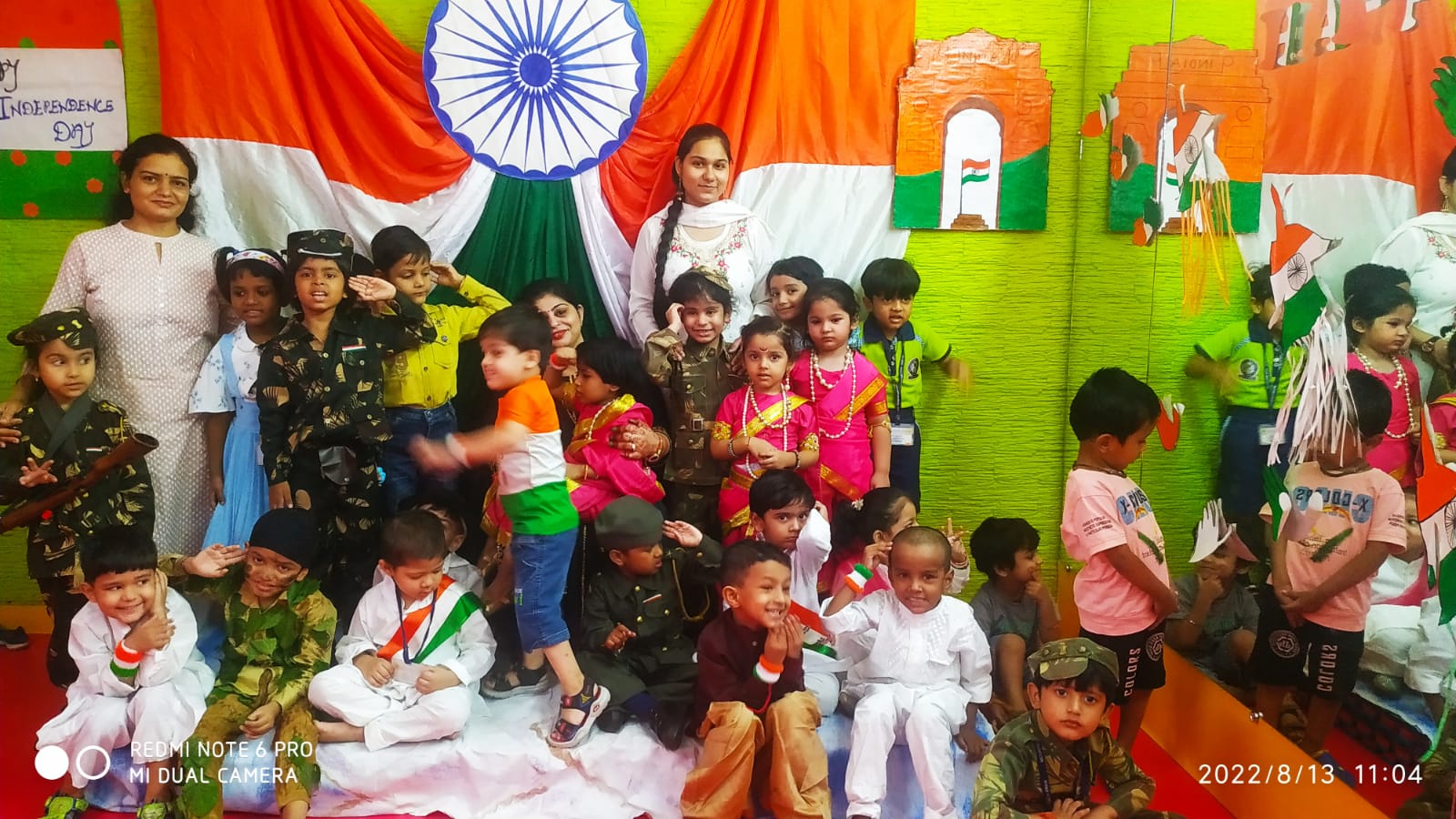
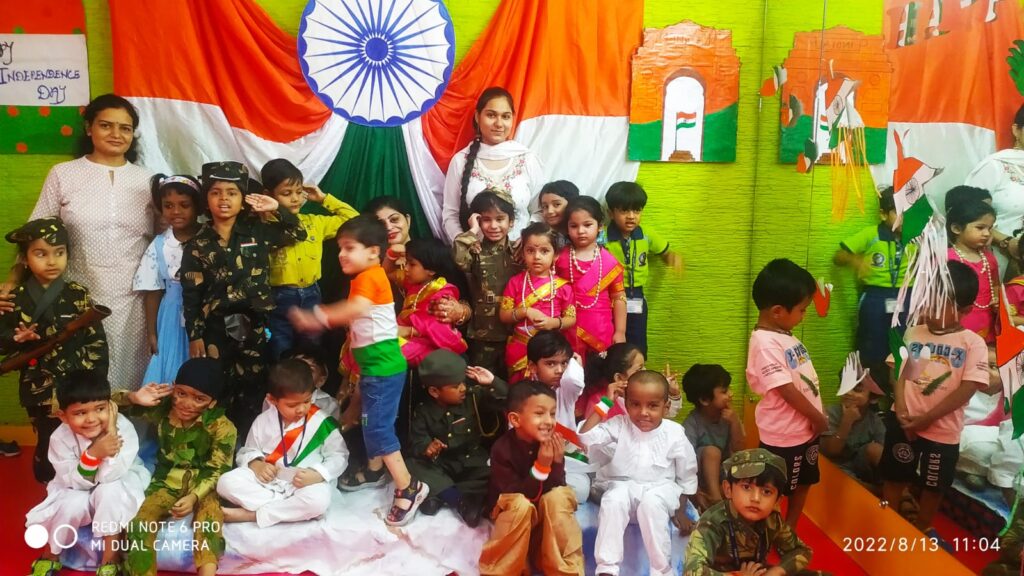
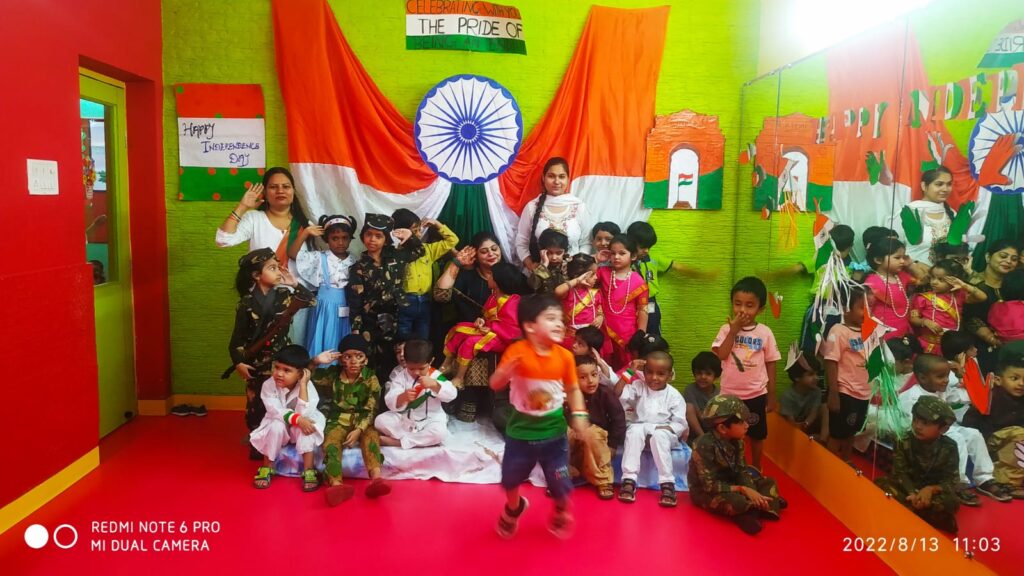

In the playgroup class, kids learn well when they explore the surroundings and physically grow outside the classroom.
This part of the day helps establish an orderly schedule for the children. With a regular daily routine, a child knows what will happen next.
Good meals and snacks let children relish eating nutritious food in a supportive social setting.
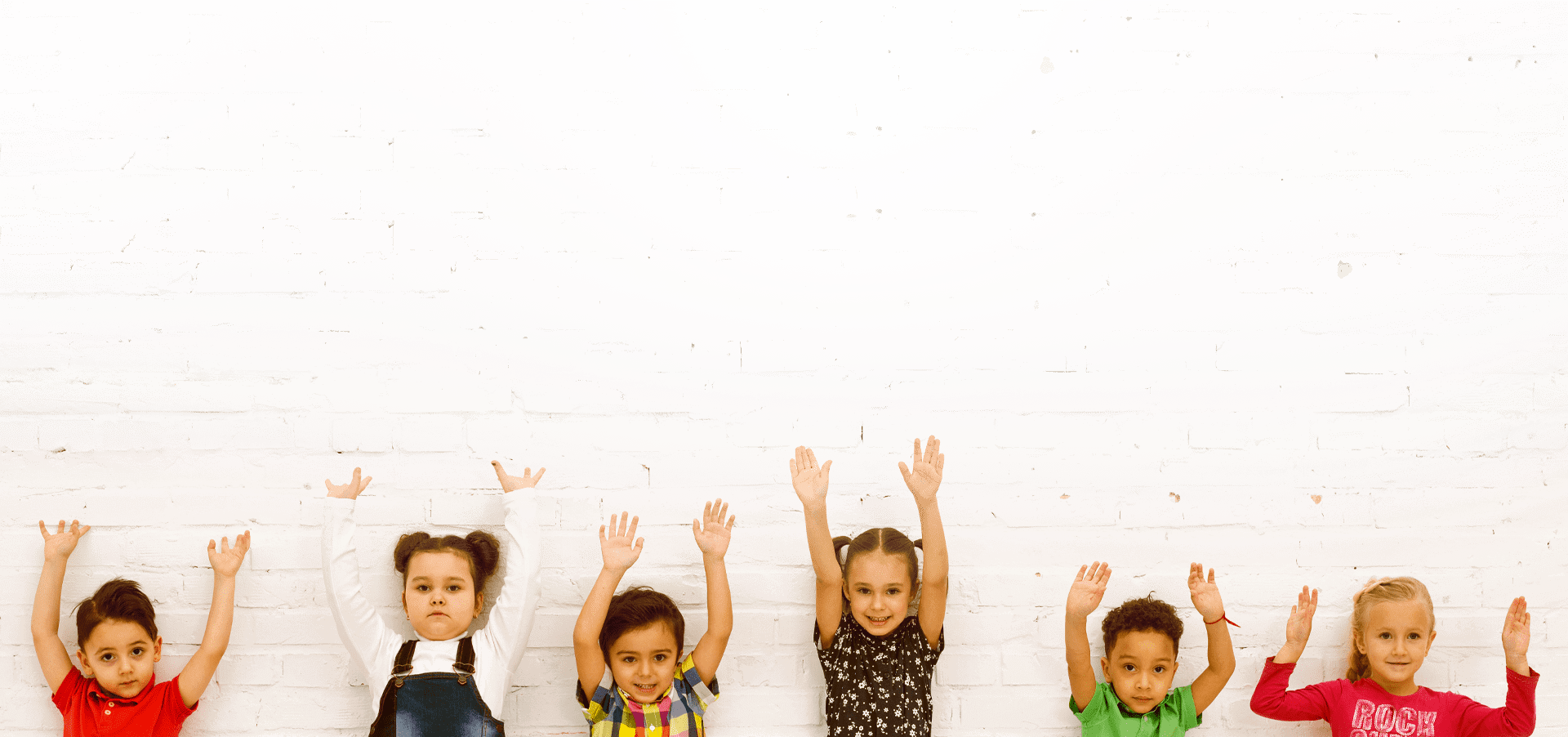
Registration open